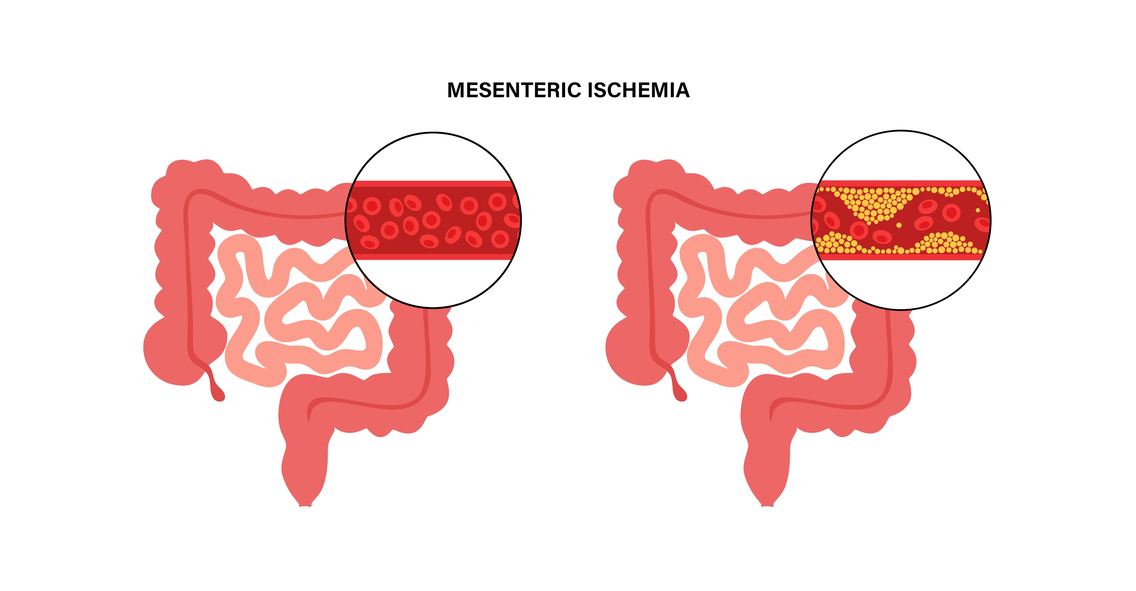Mesenteric Artery Disease
As vascular specialists,
As vascular specialists, we provide a range of essential vascular services to patients, addressing a wide spectrum of vascular conditions.
These services are aimed at diagnosing, maintaining and improving your vascular health, ensuring optimal blood flow throughout your body. Seeking care from a vascular specialist for vascular diseases is vital for several reasons. We possess extensive knowledge and expertise specifically in the diagnosis and treatment of vascular conditions. Our specialized training enables us to offer the most up-to-date and effective treatments, reducing the risk of complications.
Vascular diseases can have severe consequences if left unaddressed, such as strokes, heart attacks, or limb amputations. We can provide personalized care tailored to your unique needs, ensuring the best possible outcome for your vascular health. Early intervention, expert guidance, and a focus on your well-being make consulting a vascular specialist a crucial step in managing vascular diseases.

Mesenteric Artery Disease
Mesenteric Artery Disease involves the narrowing or blockage of the arteries that supply blood to the intestines. This condition can cause severe abdominal pain, weight loss, and malnutrition, significantly impacting a patient’s quality of life. Factors such as smoking, high cholesterol, and hypertension increase the risk of developing mesenteric artery disease, particularly among those with these risk factors.
Symptoms of mesenteric artery disease include postprandial (after eating) abdominal pain, unintentional weight loss, and chronic diarrhea. Early diagnosis is vital to prevent severe complications such as bowel infarction. Our Denver-Metro team is equipped with the latest diagnostic tools to accurately identify and treat this condition.
Diagnostic methods may include imaging tests like CT angiography, MRI, or duplex ultrasound to visualize the arteries and assess the extent of blockage. Treatment options range from lifestyle changes and medications to manage risk factors to minimally invasive procedures like angioplasty and stenting to improve blood flow.

By understanding the risk factors and being vigilant about your vascular health, you can significantly reduce the chances of aortic aneurysms and dissections. If you have concerns or risk factors, don’t hesitate to seek expert medical guidance from our vascular specialist. Your health and well-being are our top priority, and we’re here to provide you with the necessary care and support.
